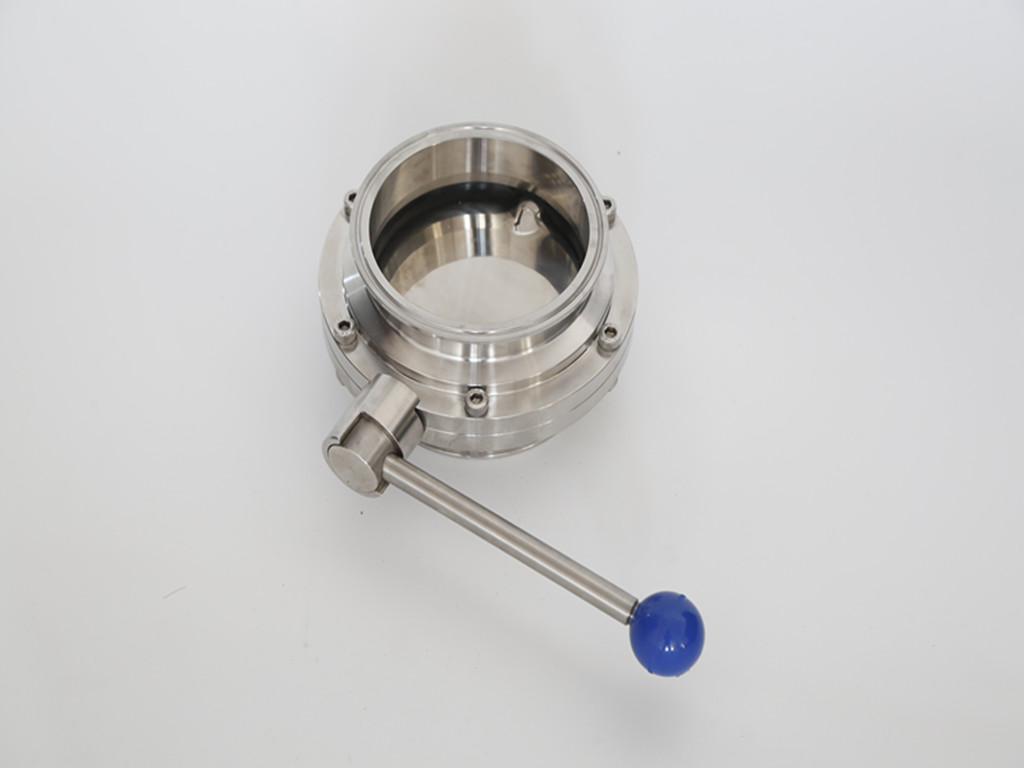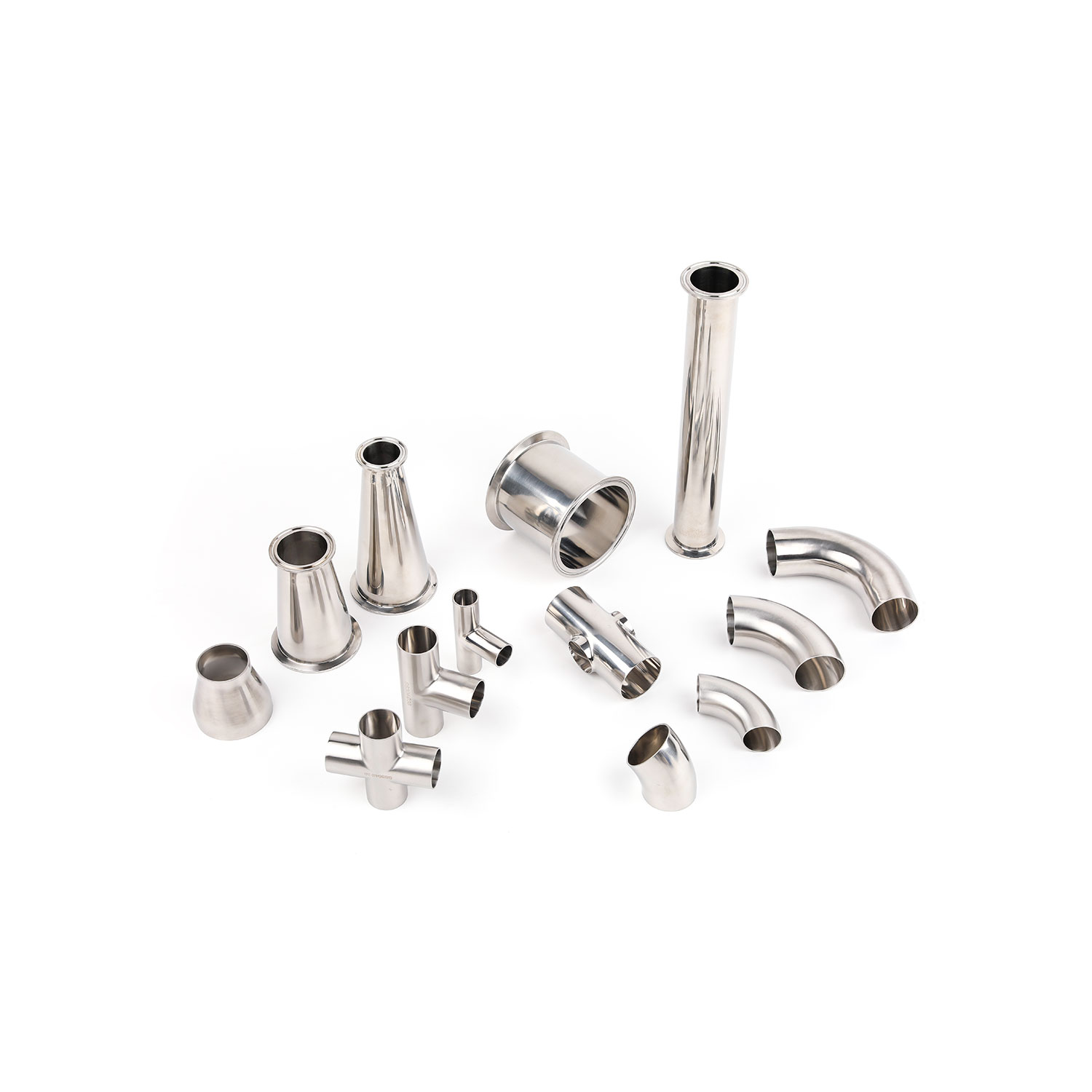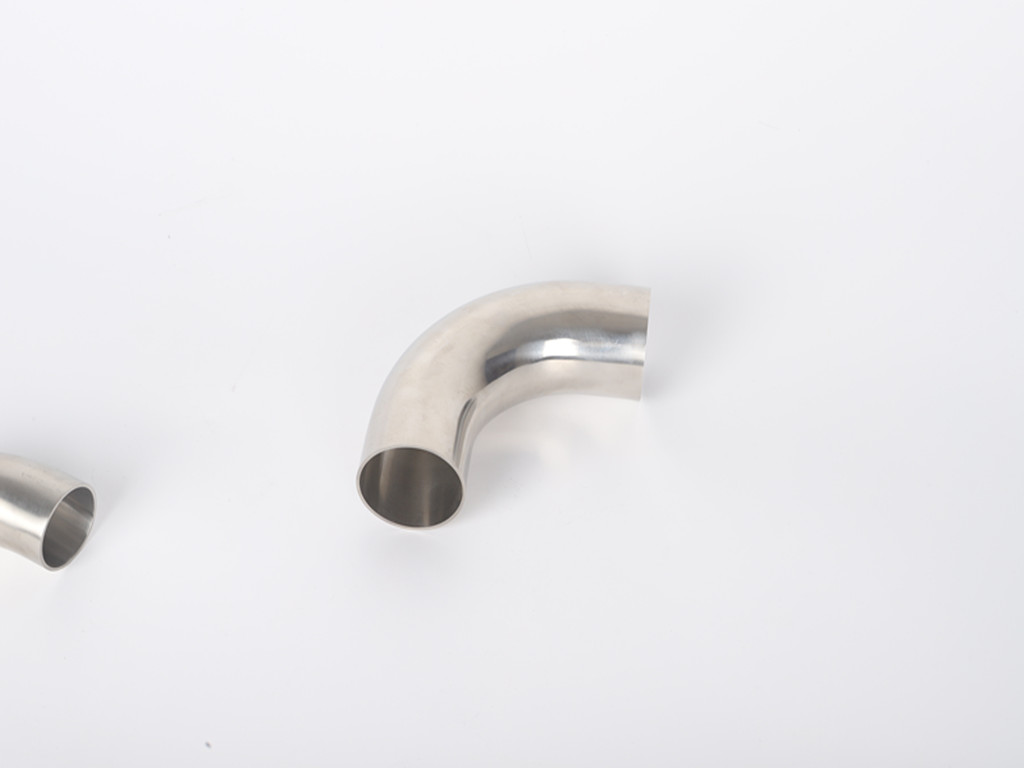In fields such as food processing, beverage production, dairy manufacturing, and biopharmaceuticals, where extremely high standards of hygiene and safety are required, standard pipeline components often fail to meet the needs of special production processes. Custom non-standard food-grade stainless steel has become a crucial path to ensure production compliance and efficiency.
The Connotation of Custom Non-standard Food-grade Stainless Steel
Custom non-standard food-grade stainless steel refers to the process of specially designing and manufacturing core components of fluid equipment such as stainless-steel pipelines, pipe fittings, and valves according to customers’ production processes, pipeline layouts, fluid characteristics, and hygiene standards. It breaks through the limitations of standardization. Starting from the design stage, it closely adheres to customers’ personalized production scenarios, enabling products to be highly adaptable to the usage scenarios and meeting the hygiene, safety, and functional requirements of the food industry.
The Advantages of Custom Non-standard Food-grade Stainless Steel
Precise Fit to Process Requirements:
Custom non-standard food-grade stainless steel can create multi-channel fluid confluence pipelines, special-shaped stirring components, etc., as required, enhancing product applicability and functionality. For example, customized pipelines in a fruit juice production line can prevent residue and oxidation, ensuring product quality.
Full Utilization of Material Properties:
Custom non-standard food-grade stainless steel can give full play to the properties of corrosion resistance, high-temperature resistance, low roughness, and good machinability. In harsh environments such as high-acidity sauce workshops and high-temperature sterilization dairy production lines, it ensures the stable operation of equipment and extends its service life.
Facilitating the Implementation of Hygiene and Safety Standards:
Custom non-standard manufacturing can design and manufacture pipeline fluid equipment that complies with hygiene standards according to the type of food and the processing technology. For example, the surface is polished to a specific roughness to prevent bacterial growth, meeting regulations and ensuring food safety.
The Process of Custom Non-standard Food-grade Stainless Steel
1. Requirement Communication and Design
Customers communicate their requirements with manufacturers. Based on this, manufacturers conduct preliminary designs and provide drawings. After customer confirmation, it ensures that the plan meets expectations and production needs.
2. Material Selection and Procurement
Select appropriate food-grade stainless steel, such as 304 and 316L, according to the design requirements to ensure quality, machinability, and cost-effectiveness.
3. Processing and Manufacturing
Advanced processes such as laser cutting and precision welding are used to process stainless steel according to the design, ensuring that the product’s dimensions, surface, and internal structure meet hygiene and functional requirements.
4. Quality Inspection
Strictly inspect the dimensional accuracy and material properties of the finished product to ensure that the product meets the standards and has no quality hazards.
Choose us and choose professionalism and quality! Hongtai Fluid Supplier has rich industry experience and a professional technical team, providing you with one-stop services from design, production, to installation.






